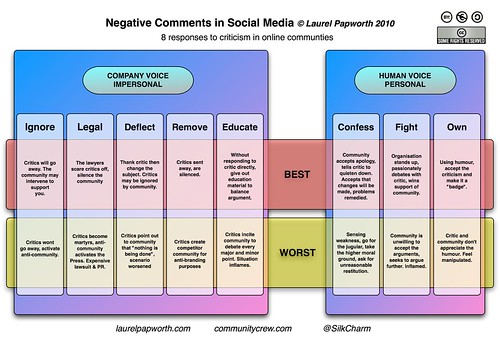 This morning from an #agchat tweet I spotted the word “affection.” I had to click. (Thanks @USFarmerMag!) And found this from March. Take a minute and enjoy. ( I read it while listening to Rene Fleming with YoYo Ma, Edgar Meyer and Chris Thile creating music with “Touch the Hand of Love.” Mama mia. Great combo. I’ll embed it below so you can do the same if you wish.)
This morning from an #agchat tweet I spotted the word “affection.” I had to click. (Thanks @USFarmerMag!) And found this from March. Take a minute and enjoy. ( I read it while listening to Rene Fleming with YoYo Ma, Edgar Meyer and Chris Thile creating music with “Touch the Hand of Love.” Mama mia. Great combo. I’ll embed it below so you can do the same if you wish.)
For the 41st Jefferson Lecture in the Humanities which he delivered on Monday evening at the Kennedy Center, Mr. Berry, American intellectual and agrarian-minded elder, described how and why affection, yes, affection!, ought be considered the cornerstone of a new economy. Berry tells us that affection does not spring up fully formed; it is gotten to by way of imagination. It’s a train of thought worth quoting at length: “For humans to have a responsible relationship to the world,” says Berry, “they must imagine their places in it. To have a place, to live and belong in a place, to live from a place without destroying it, we must imagine it. By imagination we see it illuminated by its own unique character and by our love for it. By imagination we recognize with sympathy the fellow members, human and nonhuman, with whom we share our place. By that local experience we see the need to grant a sort of preemptive sympathy to all the fellow members, the neighbors, with whom we share the world. As imagination enables sympathy, sympathy enables affection. And it is in affection that we find the possibility of a neighborly, kind, and conserving economy.” Affection, then, takes us beyond statistics and generalizations to the immediate and the particular. It focuses our attention on the beloved things right in front of us. This field,this child, this community.
Berry observes that we live in a time where affection is discounted. It’s true: rare is the public discussion where affection – or beauty, or hope, or joy – is brought forward as a good and weighty reason to do anything. But Berry believes that affection is deeply motivating. “Affection involves us entirely,” he writes. If he is right, love itself could be what moves us, finally, to care for the Earth.
You can read Wendell Berry’s Jefferson Lecture, or watch a video of him delivering it.
via LocalHarvest News – March 30, 2012.
I loved this line: “affection does not spring up fully formed; it is gotten to by way of imagination.” As I prepare to facilitate an agricultural planning meeting, this is so useful for me to have in my mind.
Where are you imagining and nurturing affection in your work? Your life? Who is imagining it for you?
Tree image from Flickr, License![]()
![]()
![]() Some rights reserved by Frodrig
Some rights reserved by Frodrig

 (I wrote this in January – never finished, nor published it. I’m cleaning out some blog drafts and it felt worthwhile to try and tidy this one up and get it out. )
(I wrote this in January – never finished, nor published it. I’m cleaning out some blog drafts and it felt worthwhile to try and tidy this one up and get it out. ) But dang, it can be useful. Here is a great example from travel guru/insider
But dang, it can be useful. Here is a great example from travel guru/insider